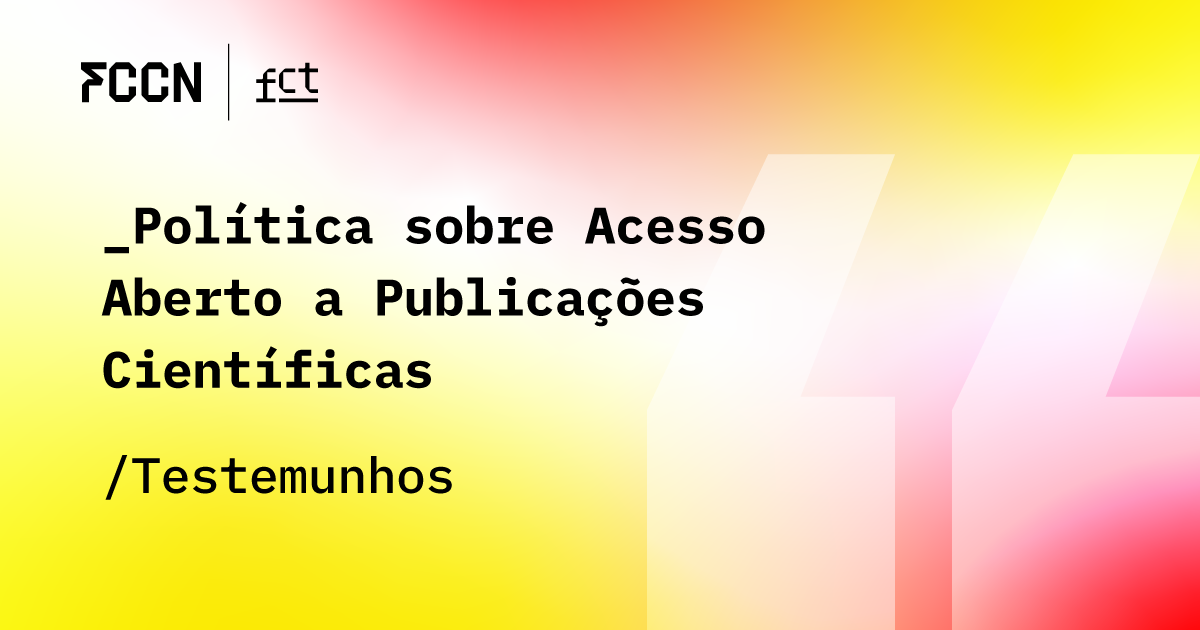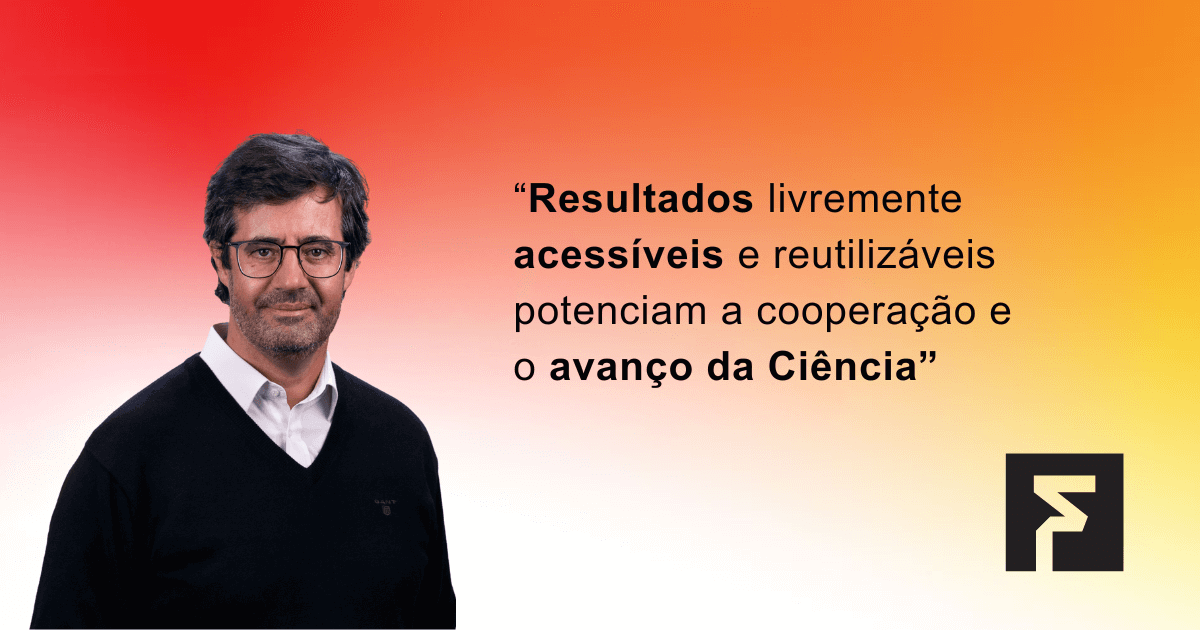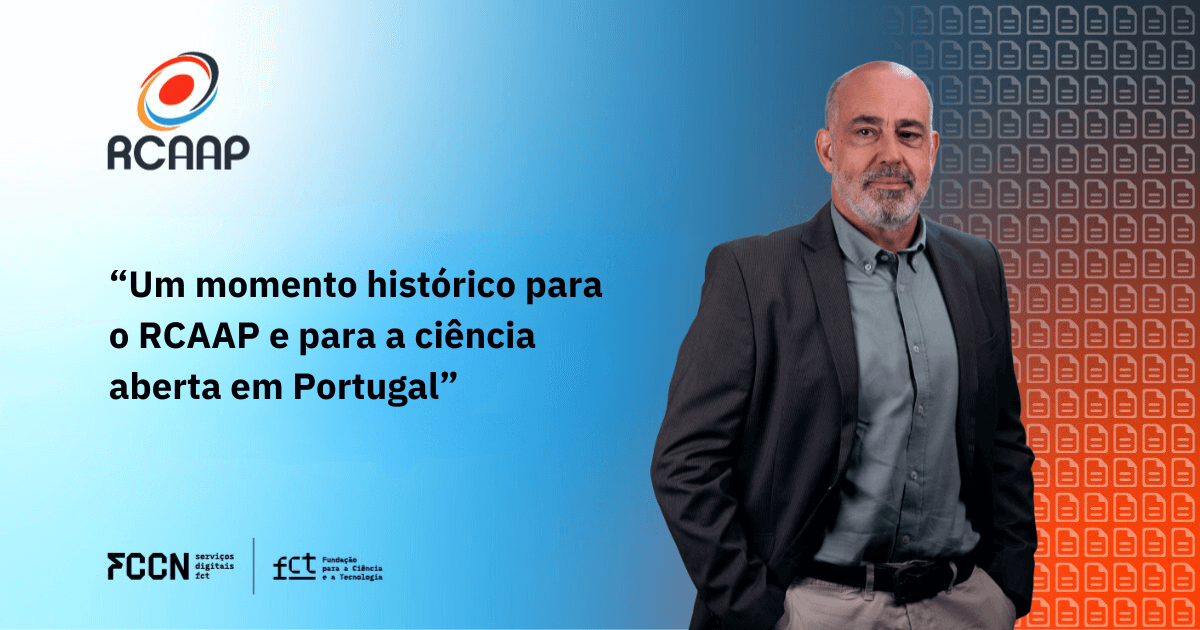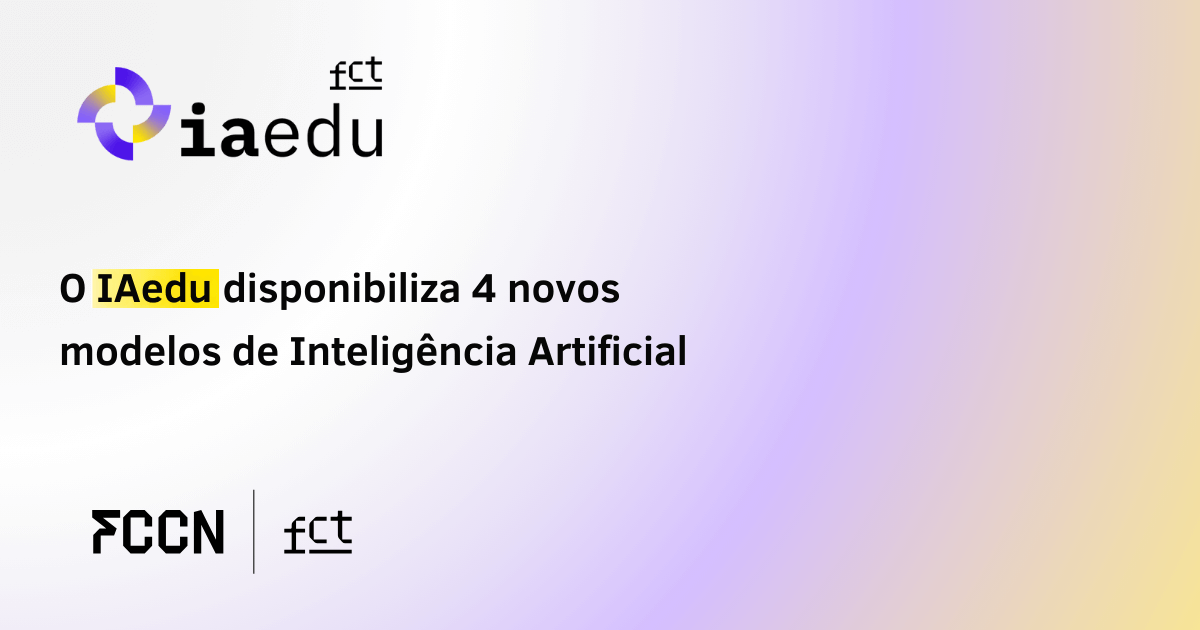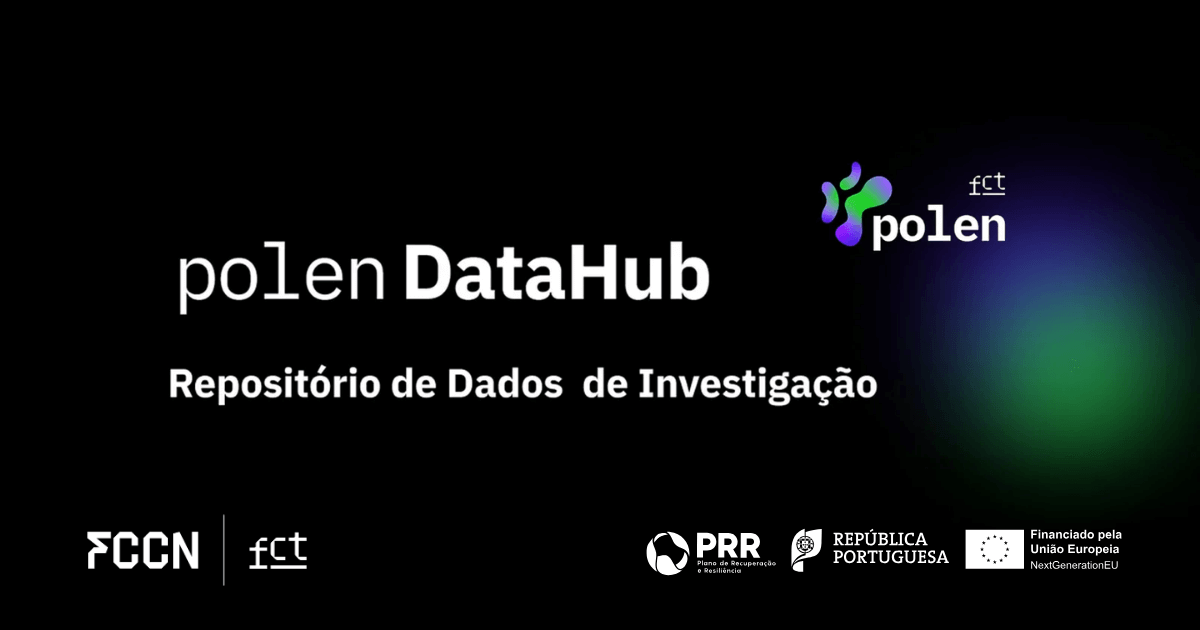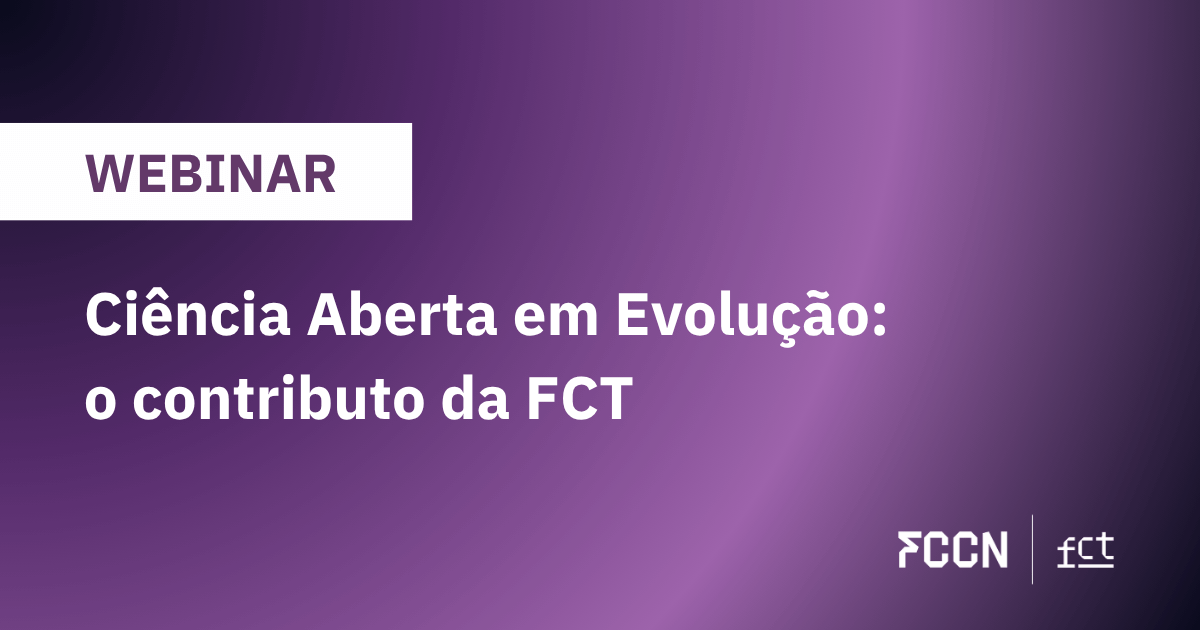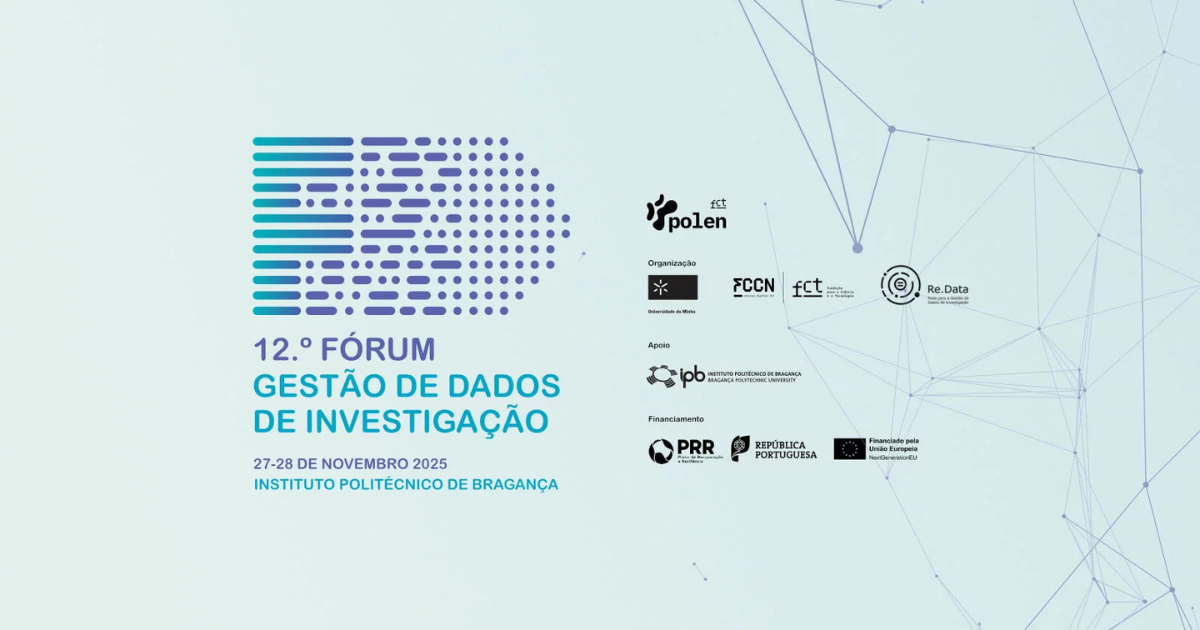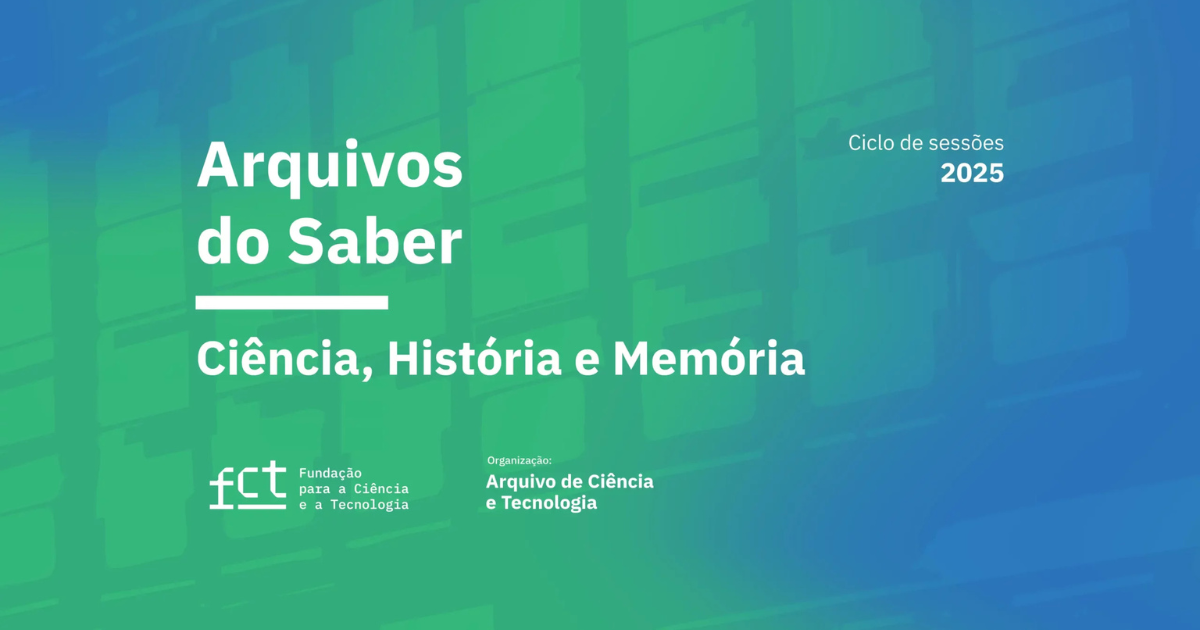Open Science is a movement that has been gaining prominence during the 21st century, offering several added benefits to society. Learn more about this concept and its relevance here.
A better science, more capable of tackling global challenges and in which society has greater trust. This is the goal envisioned by the concept of Open Science, a set of principles that aims, as the name suggests, to ensure the openness of research results, facilitating access to them.
According to the European Commission, “Open Science aims to transform Science through digital tools and networks, making research more open, global, collaborative, creative and closer to society”.
The international commitment to Open Science
Given the importance of these objectives, Open Science principles have been seen as a priority in the design of European policies in the areas of Science and Knowledge.
A clear example of this commitment can be found in the model contract for financing implemented by the European Commission in the program Horizon Europe, which establishes the basic conditions for securing European funding for research and investigation until 2027. The document underscores the political relevance of this topic, establishing the principles of Open Science as the "modus operandi" of this process.
Another example of this commitment came in 2021, when the European Commission and the EOSC Association (European Open Science Cloud) have established a partnership to implement this common research data platform, which aims to aggregate searchable, accessible, interoperable and reusable information.
The then European Commissioner for Innovation, Research, Culture, Education and Youth, Marya Gabriel, considered that this solution allows researchers to "find, create, share and reuse forms of digital knowledge", which will lead to "new leads and innovations", as well as "greater productivity and reproducibility".
However, more than a European effort, initiatives to promote Open Science have been taking place all over the world. Among the various examples, the role of UNESCO developed an international standardization document on Open Science, which proposes a set of actions leading to a fair and equitable operationalization of Open Science.
Last month, in celebration of World Science Day for Peace and Development, UNESCO Director-General Audrey Azoulay also argued that “a more open, better-funded, and more equitable science is the science the world urgently needs”, a statement that reinforces the relevance of this topic.
Portugal as a driver of Open Science
In Portugal, the Foundation for Science and Technology (FCT), through the unit FCCN, has been developing efforts to promote and implement the principles of Open Science, with the organization being mandated to represent Portugal's interests within the EOSC association. Learn about all the FCCN unit's initiatives in the area of Open Science here: https://wecq.fccn.pt/ciencia-aberta/

